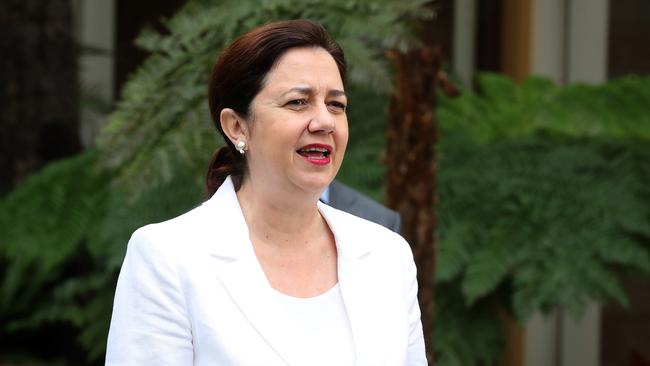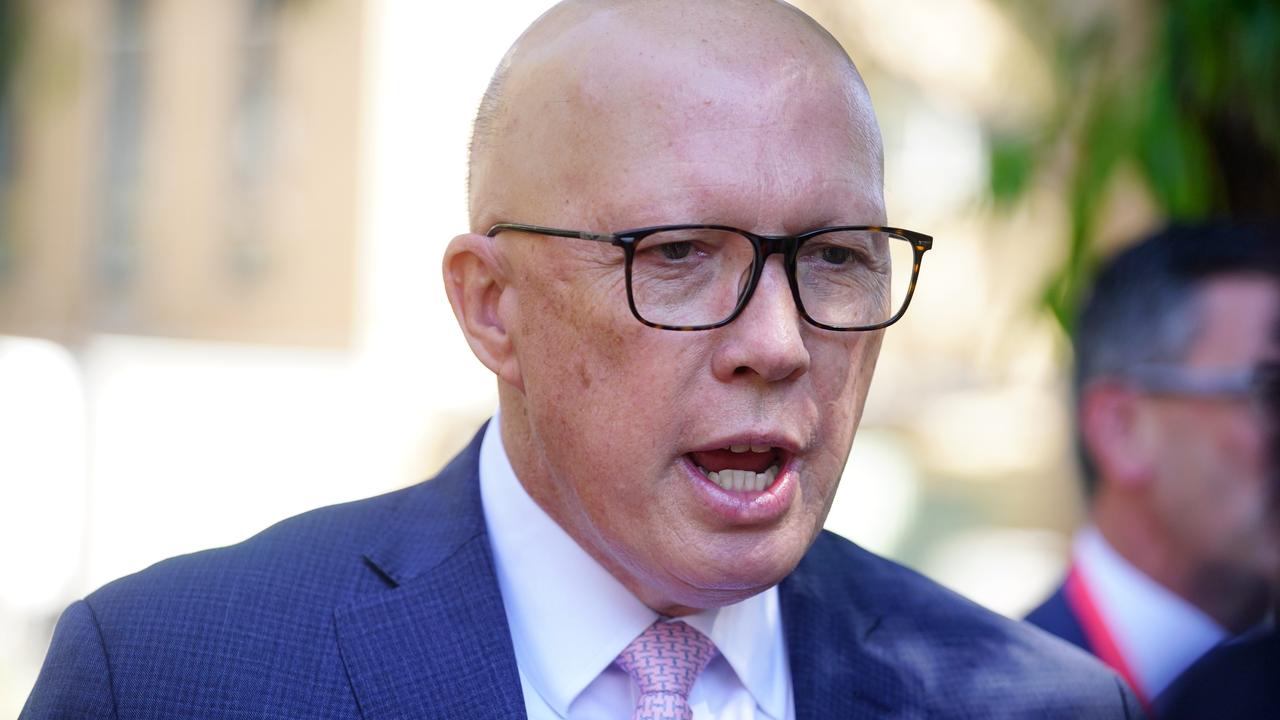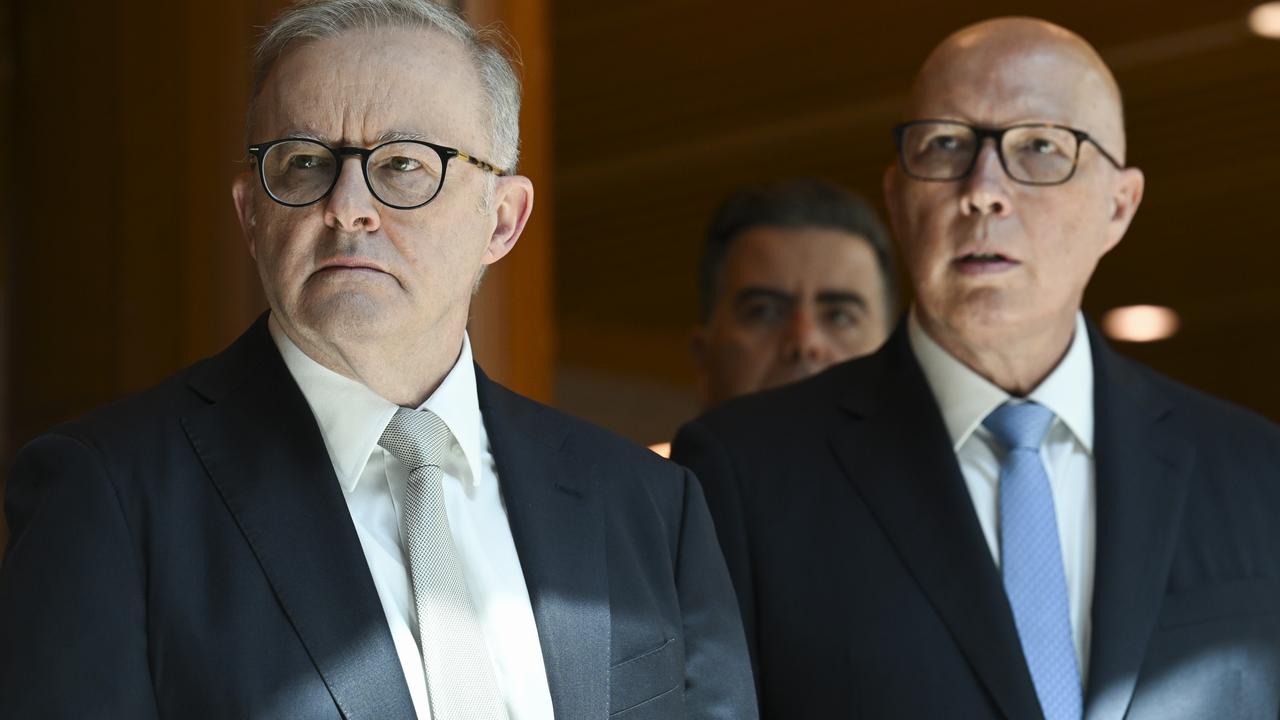Coronavirus: Leaders’ border spat ‘a risk to our national unity’
The spat over border closures risks undoing the mutual respect between premiers that has helped drive the success of the national cabinet.

The spat between states over border closures risks undoing the mutual respect between premiers that has helped drive the success of the national cabinet during the COVID-19 pandemic, according to an expert on constitutional values.
AJ Brown said he feared political leaders would revert to indulging in “small-minded” arguments with each other and not realise the response to the pandemic had shown how well the Australian federation could work in a crisis.
The professor of public policy and law at Griffith University’s School of Government and International Relations called for the states to release modelling informing their decisions on why borders needed to remain closed, “so people can see this is not a bureaucratic power play and the Queensland Premier does not have rocks in her head”.
He said while having the states asserting their authority in such crises was no bad thing, the respect shown between premiers and Scott Morrison was under threat. “I have been amazed to see how quickly some people seem to forget how narrowly we dodged a bullet. We are still dodging that bullet,” Professor Brown said.
“To see (NSW Premier) Gladys Berejiklian saying state borders should be reopened because of economic benefits when we haven’t learnt all the health lessons from the virus is surprising and a little disappointing.”
He was speaking after Queensland Premier Annastacia Palaszczuk hit back at NSW’s criticism over Queensland’s border closure, insisting she would not be “lectured to by the worst-performing state” on coronavirus.
Ms Palaszczuk, announcing that Queensland had recorded another zero-case day, with just 12 active cases, held firm to her decision to keep the borders closed for potentially months more. And Transport Minister Mark Bailey said NSW “needs to get its act together”, as it had 33 times the active cases Queensland had.
Queensland’s written road map for easing restrictions, released two weeks ago, had nominated July 10 as a probable date for resuming interstate travel, subject to monthly reviews, but the Premier shocked the tourism industry — and her own Tourism Minister — when she said a border reopening would “look more positive” towards September.
Queensland’s Chief Health Officer, Jeannette Young, said it was still the right call to keep the state’s borders closed, despite federal Deputy Chief Health Officer Paul Kelly’s belief that it was “unnecessary” and didn’t make sense.
“There is plenty of health advice about the importance of minimising the number of cases coming into the community,” Dr Young said of Professor Kelly’s comments.
“We saw how effective that was for Australia when the international borders were closed … WA, SA, NT, Tasmania and Queensland closed borders to those states that had higher numbers of cases and lower transmissions — there’s a lot of health advice for that.”
Dr Young said there were not “two sets” of medical advice about whether to open borders.
Professor Brown said the national cabinet had operated well by encouraging mutual respect. “The fact that the federation can still operate in a way that the states can still have authority in things like disaster management and public health is a fundamental strength. This pandemic has demonstrated the national government cannot and perhaps should not have responsibility for crucial things that need to happen on the ground.”


